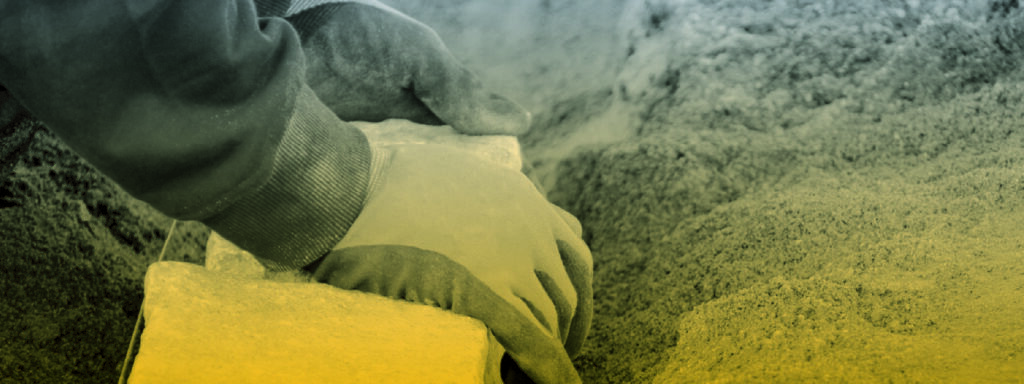
Polycor U
Alternative Options to Natural Stone
Why should you choose natural stone for your construction projects? Make an informed decision by finding out what your options are and how these differentiate from one another.
¿Por qué deberías elegir piedra natural para tus proyectos de construcción? Toma una decisión informada descubriendo cuáles son tus opciones y cómo se diferencian entre sí.
Why Natural Stone Outperforms Alternative Paving Materials
As demonstrated throughout history, natural stone stands as the most durable building material available, with the world’s most noteworthy historical landmarks serving as enduring proof of this superiority. When planning hardscape projects, property owners often consider various material options, but understanding the fundamental differences between natural stone and alternatives like asphalt, poured concrete, and concrete pavers reveals why stone remains the superior choice.
The critical distinction lies in how different materials respond to the inevitable ground movement that occurs over time. Asphalt and poured concrete function as rigid systems, meaning that once installed, they cannot accommodate the natural shifting and settling that occurs in the earth beneath them. As the ground shifts due to seasonal freeze-thaw cycles, moisture changes, and natural settling, these rigid materials must move as single units with the underlying soil.
This inflexibility creates fundamental problems that become apparent within years of installation. When rigid systems like asphalt and concrete shift with the earth underneath, the material experiences stress that exceeds its design limitations. This stress manifests as bending and breaking, creating the familiar problems of ruts, cracks, and chips that plague asphalt driveways and concrete patios. These surface defects not only detract from appearance but also provide entry points for water, accelerating deterioration through freeze-thaw damage.
Concrete pavers might initially seem like an improvement, as they function as rigid units placed within a flexible system. This approach does offer advantages over monolithic concrete or asphalt installations, allowing individual units to adjust somewhat to ground movement. However, concrete pavers present their own limitations that become apparent over time.
Concrete is fundamentally a manufactured material containing various aggregates throughout each paver. As the surface experiences wear from traffic, weather, and use, these internal aggregates become exposed, changing the appearance of the pavers significantly over time. What begins as a uniform surface color gradually reveals the mixed aggregate composition, creating a worn, weathered appearance that many property owners find unappealing.
Additionally, the production of cement – the primary binding element in concrete – accounts for approximately 7% of total global CO2 emissions, raising environmental concerns for sustainability-minded property owners. This substantial carbon footprint makes concrete products less attractive for those seeking environmentally responsible building materials.
Natural stone pavers provide the optimal solution by combining the benefits of rigid units within a flexible system while eliminating the drawbacks associated with manufactured alternatives. Stone pavers function as individual units that can accommodate ground movement through the flexible jointing system, preventing the structural failures common in rigid installations.
The crucial advantage of natural stone lies in its consistent composition throughout each piece. Unlike concrete pavers with mixed aggregates, natural stone maintains the same appearance from surface to core. Even when stone does experience wear over decades of use, the exposed surface reveals the same material characteristics as the original surface, ensuring consistent appearance throughout the stone’s lifespan.
Polycor Natural Stone Pavers offer significant additional advantages that set them apart from both concrete alternatives and imported stone products. The innovative technology used in Polycor’s production facilities enables higher dimensional tolerance than typically found in concrete products, ensuring better fit and more consistent installations.
The natural beauty and variety inherent in genuine stone cannot be replicated in manufactured products. Each piece of natural stone displays unique characteristics formed over geological time periods, creating patterns, colors, and textures that add authentic character to hardscape installations. This natural variation ensures that no two projects look identical, providing the custom appearance that distinguishes exceptional properties.
Local quarrying provides practical advantages that imported materials cannot match. Stones quarried locally are naturally adapted to regional climate conditions, having formed under similar environmental stresses that they’ll experience in service. This climate adaptation translates to superior performance and longevity compared to imported stones formed under different geological conditions.
Local sourcing also means shorter lead times and more reliable availability. Rather than depending on overseas shipping schedules and international logistics, locally quarried stone can be delivered promptly, keeping projects on schedule and reducing uncertainty in project planning.
The sustainability advantages of natural stone extend beyond the production phase. Natural Stone is inherently sustainable, requiring no energy-intensive manufacturing processes and producing no industrial waste products. The durability of natural stone means installations last for generations without replacement, avoiding the environmental cost of manufacturing new materials every few decades.
When comparing lifecycle costs, natural stone’s superior durability and minimal maintenance requirements often make it the most economical choice despite higher initial material costs. While concrete pavers may cost less initially, their shorter lifespan and higher maintenance requirements typically result in higher total costs over time.
The combination of superior performance, environmental sustainability, aesthetic advantages, and long-term value makes natural stone the clear choice for discriminating property owners who want hardscape installations that enhance their property while providing decades of reliable service.


